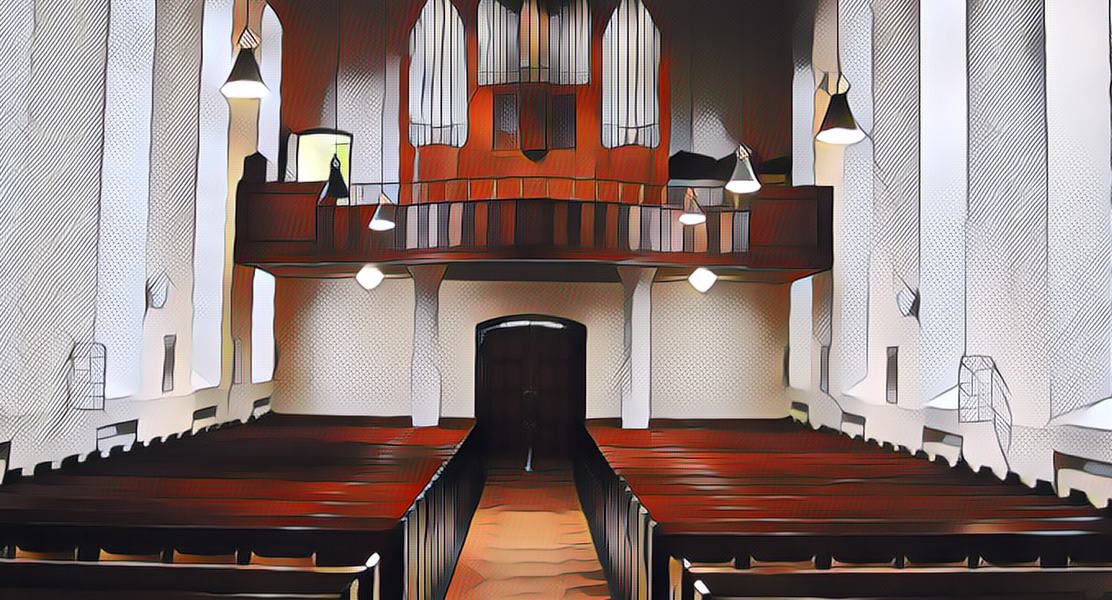UPDATE: Supreme Court denies California church appeal as governor announces new guidelines for opening houses of worship

UPDATE 5/30/2020: In a late-night order on May 29, the Supreme Court denied the church’s request for the injunction by a 5-4 vote, with a concurrence written by Chief Justice John Roberts. As BJC Executive Director Amanda Tyler said on Twitter, it was the right decision, and the ruling “lays out plainly how to compare like things with like things.”
ORIGINAL POST FROM 5/26/2020:
In response to last week’s order from the 9th U.S. Circuit Court of Appeals denying a motion to halt enforcement of California Gov. Gavin Newsom’s restrictions on in-person worship services, a church and its minister have filed an emergency appeal to the U.S. Supreme Court.
The 9th Circuit is the first federal appeals court to reject a plaintiff church’s request for injunction. In its brief 2-1 order, the court held that the restrictions in California do not violate the First Amendment because they do not selectively target religion. The court also suggested that the current public health crisis calls for a different analytical calculus. Here is a key excerpt from the ruling:
We’re dealing here with a highly contagious and often fatal disease for which there presently is no known cure. In the words of Justice Robert Jackson, if a “[c]ourt does not temper its doctrinaire logic with a little practical wisdom, it will convert the constitutional Bill of Rights into a suicide pact.”
The appeal, filed by South Bay United Pentecostal Church and Bishop Arthur Hodges, marks the first request for intervention by the Supreme Court in these fast-moving legal disputes over the constitutionality of including houses of worship in stay-at-home orders that limit the size of personal gatherings to protect against the spread of the coronavirus. Dozens of cases have been filed across the country in the past two months.
The arguments have largely focused on the degree to which the restrictions, which vary greatly from state to state, exempt certain non-religious businesses. The 6th Circuit, for example, was the first appeals court to weight in and, siding with church plaintiffs, concluded that Kentucky Gov. Andy Beshear’s order included enough exceptions that failing to also include houses of worship amounted to religious discrimination forbidden by the First Amendment. The 5th Circuit also issued an injunction to halt enforcement of a Mississippi city’s COVID-19 order, based on assurances by the First Pentecostal Church of Holly Springs that it would abide by the social distancing guidelines that apply to other non-religious businesses and operations.
The ruling on California’s stay-at-home order came just days before Gov. Newsom announced new guidelines for the reopening of houses of worship in the state. The guidance encourages churches to continue virtual rather than in-person services, but includes recommendations and restrictions for maintaining safe conditions if in-person services are resuming. Included is this important note about some unique dangers of gathering for worship:
Even with adherence to physical distancing, convening in a congregational setting of multiple different households to practice a personal faith carries a relatively higher risk for widespread transmission of the COVID-19 virus, and may result in increased rates of infection, hospitalization, and death, especially among more vulnerable populations. In particular, activities such as singing and group recitation negate the risk-reduction achieved through six feet of physical distancing.
*Places of worship must therefore limit attendance to 25% of building capacity or a maximum of 100 attendees, whichever is lower. This limitation will be in effect for the first 21-days of a county public health department’s approval of religious services and cultural ceremonies activities at places of worship within their jurisdictions.
For more on this issue, see BJC’s resource page: Faith Freedom in a Pandemic.




